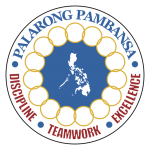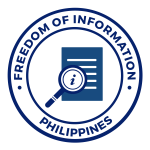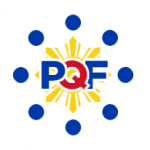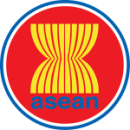
ALTERNATIVE LEARNING SYSTEM (ALS) – K to 12 BASIC EDUCATION PROGRAM
Learning Strand 1
COMMUNICATION SKILLS
- The main thrust of Learning Strand (LS) 1 is Communication Skills, which seeks to develop the ability of out-of-school youth and adults to access,
- critically process, and effectively use available information in a variety of media so as to:
- function effectively as a member of the family, community, nation, and the world; and
- participate actively in community and economic development.
Learning Strand 2
SCIENTIFIC LITERACY AND CRITICAL THINKING SKILLS
- The ultimate goal of this learning strand is to enable the learners to apply critical thinking skills and problem solving in daily life situations in order to
- improve their lives, as well as the quality of life of the people, the community and the country as a whole. The objectives, competencies and skills on critical
- thinking are sequenced in such a way that the learners will experience success in learning. The sequencing helps the learners to move from easy to difficult by
- increasing the degree of complexity as the literacy level increases and as learning progresses. It follows a logical and sequential order: from simple to complex,
- concrete to abstract, familiar to unfamiliar, specific to general, narrow to broad.
Learning Strand 3
MATHEMATICAL AND PROBLEM SOLVING SKILLS
- Mathematical and Problem Solving Skills focus on Scientific Literacy and Numeracy Skills, which are basic to meaningful participation in community
- life and improving the quality of life of the people, the community, and the country as a whole.
Learning Strand 4
LIFE AND CAREER SKILLS
- This Learning Strand addresses the improvement of the economic status of Filipinos, (and the reduction of poverty) particularly among ALS learners. It
- focuses on the attitudes, skills, and knowledge (competencies) necessary for earning a living and promoting a sustainable lifestyle.
- This Learning Strand covers ability to earn a living through employment/self-employment or entrepreneurship; sustainable consumption (reduction of
- wasteful expenditure and wise consumption/utilization of resources); conserving resources for future generations;
Learning Strand 5
Understanding the Self and Society
- This Learning Strand ―Understanding the Self and Society‖ is intended to help ALS learners acquire a positive sense of self and social responsibility
- that will lead them to the development of their potentials and enable them to live together harmoniously in the contexts of their family, local community, and
- country, as well as be able to participate as a member of the Southeast Asian region and an increasingly global community.
Learning Strand 6
DIGITAL LITERACY
- Twenty-first-century Philippine society is replete with myriad rapidly changing information and communication technologies (ICTs). The ways people
- plan, develop, implement, and communicate ideas and knowledge have been transformed as computers, the internet, social media, and mobile devices have
- become increasingly pervasive. To adapt to these changes, Filipinos need to develop a whole new range of ICT-related skills to be effective citizens in an
- increasingly digital world. This Learning Strand addresses the needs of ALS learners to develop basic skills in ICT use and digital literacy. Accordingly, a new
- Learning Strand has been added to the ALS Curriculum focused on “Digital Literacy” for 21st-century Filipino citizens. This Learning Strand seeks to help
- equip ALS learners with critical knowledge, skills, and values to be able to live and work effectively as part of the digital universe.





